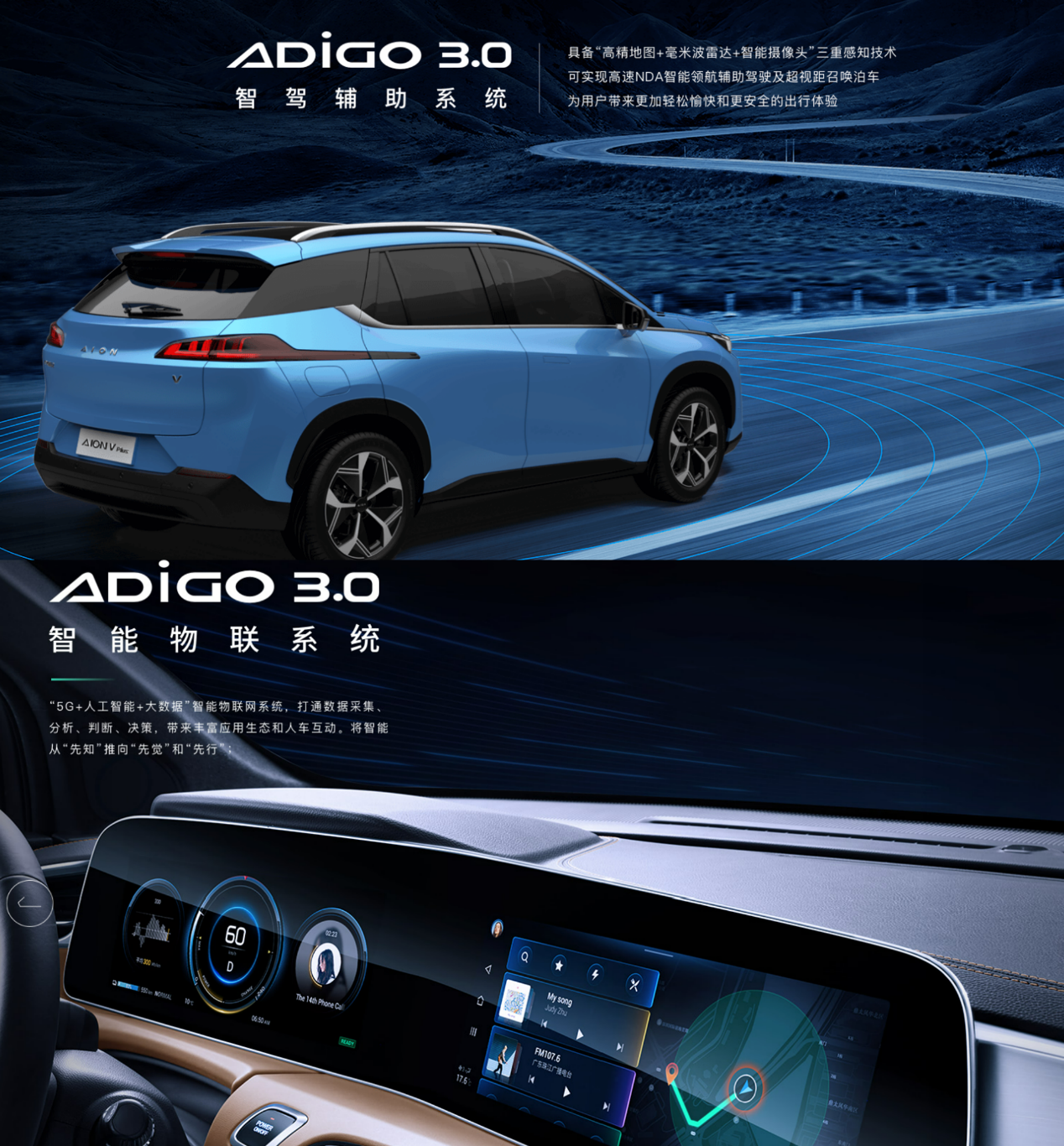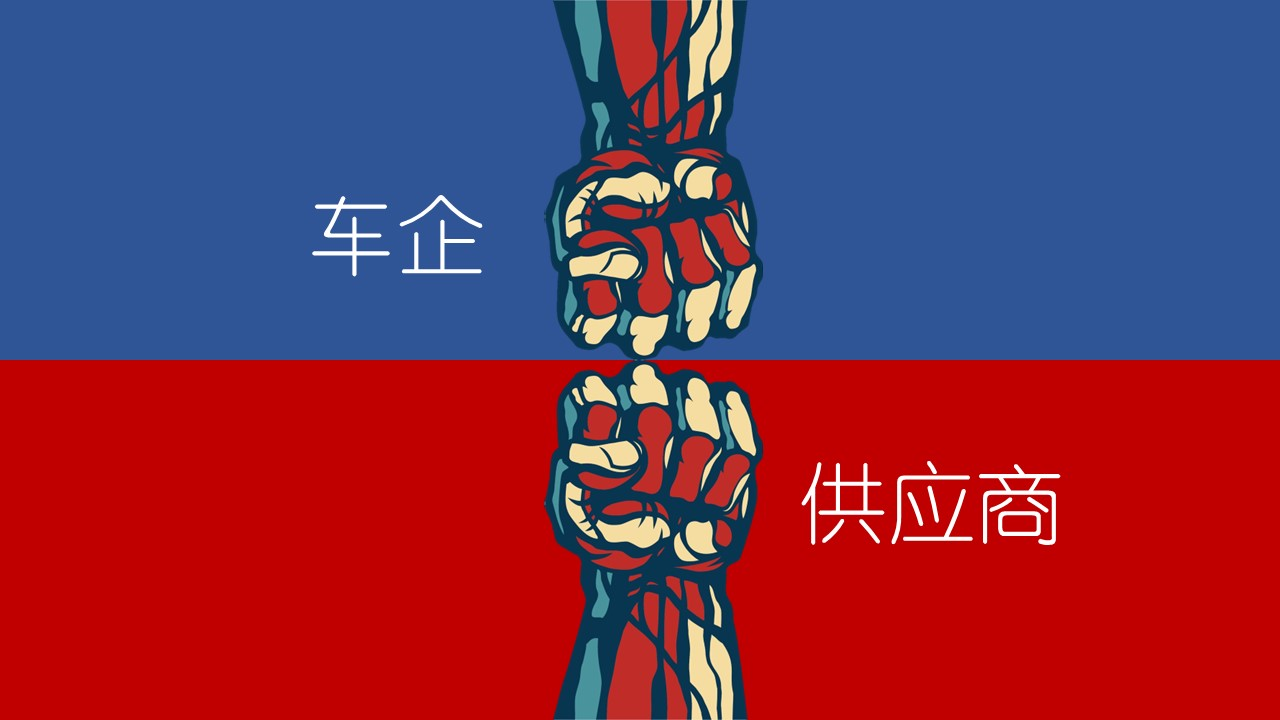The more there is an inseparable interest relationship, the more there will be conflicting disputes that need to be resolved. In this regard, the automotive industry and suppliers are experienced in handling such conflicts. Recently, car companies have once again publicly criticized suppliers.
On August 13th, at the 19th China Auto Marketing Brainstorming Summit in Hangzhou, Xiao Yong, Vice General Manager of GAC Aion, expressed helplessness and said, “Huawei’s prices are relatively high and not well controlled. If you want to cooperate with Huawei, you will find that there is basically no bargaining power.”
Interestingly, just a month before Xiao Yong’s criticism, on July 21st, at the opening ceremony of the 2022 World Power Battery Conference, Chairman of GAC Group, Zeng Qinghong, had already publicly complained that power batteries account for 40%, 50%, or 60% of vehicle costs, and are still increasing, directly targeting Ningde Times and saying, “Am I not working for Ningde Times now?”
After this statement, Yin Tongyue, Chairman of Chery Automobile, specifically reposted the news in his circle of friends to show support for GAC.
However, until now, Huawei and Ningde Times have not responded much to this matter, seemingly unconcerned about being criticized. As the saying goes, the bigger the tree, the more wind it attracts. Head companies like Huawei and Ningde Times have become accustomed to being criticized.
Since the new energy vehicle market began to flourish, and the smartphone market declined, Huawei, which repeatedly claimed not to make cars, took a strong stance as a supplier; Ningde Times also rose quickly with BMW’s support, and within a few years, it transformed from a small enterprise in Ningde, Fujian Province into a leading global automotive battery supplier.
It is not an exaggeration to say that in the domestic market, Huawei and Ningde Times have an absolute say in the field of the three electric fields and intelligent systems. Due to the brand halo that comes with Huawei, Huawei has become a lifesaver for weaker companies like Sailesi.
The mastery of core technology and the shining brand halo has led to Huawei and Ningde Times’ skyrocketing value. At the same time, many OEMs are urgently seeking to transform into new energy and embark on a new journey. However, due to the immaturity of their own technology and the lack of market and user recognition, they naturally lack bargaining power against strong suppliers like Huawei and Ningde Times.
However, in the eyes of the Electric Motive journalist, brands like GAC Aion may have forgotten an important thing, which is that they have no bargaining power with foreign automotive parts suppliers such as Bosch, Aisin, and ZF, let alone the ability to negotiate.Currently, there are only a few Chinese auto parts suppliers that rank among the best in the world, such as Fuyao Glass, Wanxiang Group, and Dakar. Chinese automotive brands are still being held tightly by foreign suppliers in key components such as suspension, ESP, brake calipers, and tires.
Although there has been deep-seated resentment between Chinese brands and foreign suppliers, there are few public criticisms against foreign suppliers. Most people still approach foreign suppliers with caution to seek their technology. Once major events such as the pandemic or the Russo-Ukraine war occur, disruptions in the supply chain put themselves in a very difficult situation.
For example, in February of this year, both Changan and Great Wall saw a significant decline in sales, and both companies attributed the reason to the shortage of Bosch ESP systems. Not only Chinese domestic brands but even BMW was forced to implement a production shutdown plan in 2017 due to a shortage of Bosch steering gears.
Therefore, Chinese domestic brands should recognize that being in a helpless situation in the face of strong and dominant suppliers such as the new giants Huawei and Ningde Times, and old players such as Bosch and ZF, is a normal thing.
Blaming others for being too powerful without introspection of one’s own inadequacies is irrational.
What is even more distressing is that many Chinese brands cater to dominant suppliers while delaying payments to weaker suppliers. For example, there were many supplier complaints in 2018 and 2019 against Geely Auto for repeatedly demanding price cuts and delaying payments. It has been reported that the bankruptcy liquidation of Nation Technology in 2019 was closely related to Geely Auto’s failure to pay its suppliers.
Complaining about a lack of bargaining power in front of dominant suppliers while bossing weaker suppliers around is double standards.
Indeed, from the perspective of GAC Aion, GAC Aion has already mastered three key original battery core technologies–“Magazine battery system safety technology,” “graphene-based superfast charging technology,” and “sponge silicon negative electrode battery technology.” All of which have significantly improved in terms of endurance, safety, and charging.
In terms of intelligence, GAC Aion has a full-stack, self-developed ADIGO SPACE intelligent cockpit system and ADIGO PILOT intelligent driving assistance system, both of which perform well.
Especially the sales volume, which surpasses most new power brands, has given GAC Aion sufficient confidence. In July, GAC Aion sold 25,033 vehicles, with the highest sales of AION Y reaching 12,530 vehicles.
 From the perspective of the whole industry, while GAC Aion seems to speak for the industry, it actually falls short, like how Zhu Yuanzhang evaluated Zhang Shicheng as “insufficient.”
From the perspective of the whole industry, while GAC Aion seems to speak for the industry, it actually falls short, like how Zhu Yuanzhang evaluated Zhang Shicheng as “insufficient.”
In the field of new energy vehicles, it is always beneficial for domestic automakers to make a comeback against foreign automakers, whether it’s the rise of domestic brands or domestic suppliers.
Despite the ups and downs in the development of domestic brands and the nerve-racking steps taken by domestic suppliers, the hottest news related to Huawei recently is Ren Zhengfei’s statement, “Taking survival as the guideline, we will fully shrink and close our edge businesses and pass the coldness on to everyone.”
As for Huawei’s automotive business, although it seems like “the flowers are blooming in spring” at the moment, dangerous signals often disguise themselves as flowers.
Although the decent sales of AITO in the industry lay a solid foundation for Huawei, Alpha, which adopted Huawei’s HI model, did not cause a big stir in the market, and Avita, another company that uses this model, is just getting started. As a supplier, Huawei hasn’t achieved much in facilitating the development of automakers.
Meanwhile, major carmakers like Geely, Great Wall, and SAIC refuse to cooperate with Huawei because they are afraid of losing their soul. Despite positioning itself as a high-end supplier of automotive components, Huawei has only deeply collaborated with some low-end brands with little strength. Huawei’s excessive dominance instead limits the acceleration of its progress.
Looking at CATL, the company planned to build a factory in the United States this year, mainly to supply Tesla and Ford, but the plan was postponed due to Pelosi’s visit to Taiwan and the unstable political situation. In China, Huang Shilin, the deputy general manager and founder of CATL, resigned, which inevitably raises concerns about the company. Zeng Yiqun, the chairman, directly served as the company’s general manager and began to focus on expanding the company’s business.
Currently, due to the supply and demand imbalance, the prices of battery raw materials have skyrocketed and account for 70% to 80% of the battery cost. The price of CATL’s batteries can only keep rising. Wu Kai, the chief scientist of CATL, said, “Although our company has not lost money this year, it is basically struggling on the very edge of profitability, which is very painful.”
The rise in battery prices has spurred automakers to seek their own paths. Zeng Qinghong, the chairman of GAC, claims to “buy mines” to make batteries, and Geely is also laying out its battery ecosystem. Also, Habo Investment, a subsidiary of Huawei, is also entering the battery industry. The challenges that CATL will face in the future forces it to tread on thin ice.
In an era full of uncertainties, whether it’s individuals or enterprises, they are all exerting all their efforts to seize even a bit of certainty. Today’s changes are growing exponentially, and to adapt to and keep up with the times, we must use all our skills and abilities.
In the face of such a situation, car makers and suppliers should only seek unity and not confrontation.
We should be aware that currently in the automobile industry, domestic car makers are still at a disadvantage when it comes to negotiating prices for key parts. And internally, there are still many pain points that need to be solved in each car maker’s products. Relying solely on self-research is not realistic, so cooperation with suppliers is ultimately needed.
Therefore, if you don’t have the strength, bargaining power is out of the question. Instead of publicly complaining, it is better to quietly work hard.
This article is a translation by ChatGPT of a Chinese report from 42HOW. If you have any questions about it, please email bd@42how.com.
